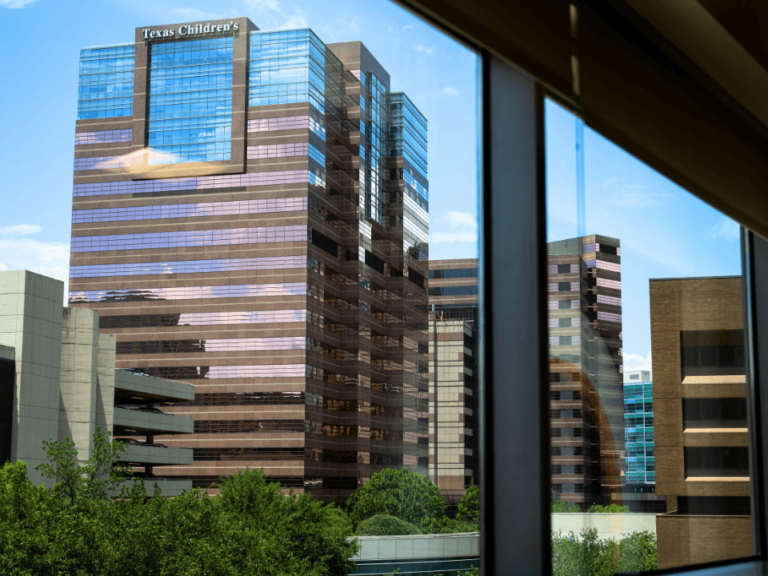A $400 million pledge to Emory University from the Robert W. Woodruff Foundation will be used to construct a Winship Cancer Institute Tower in Midtown Atlanta and a new Health Sciences Research Building on Emory’s Druid Hills campus.
The Winship Cancer Institute Tower in Midtown will house a full range of outpatient cancer services.
The new Health Sciences Research Building on Emory’s Druid Hills campus, a laboratory-focused facility, will house faculty and staff who are charged with developing a pipeline of cures, interventions, and prevention methods, all aimed at improving the health of patients.
Research teams will partner with Emory colleagues to target five emerging priorities in 21st century medicine: cancer; brain health; heart and vascular health; immunology and infectious diseases; and radiology, biomedical engineering, and imaging sciences. Emory’s partnerships also include Children’s Healthcare of Atlanta.











